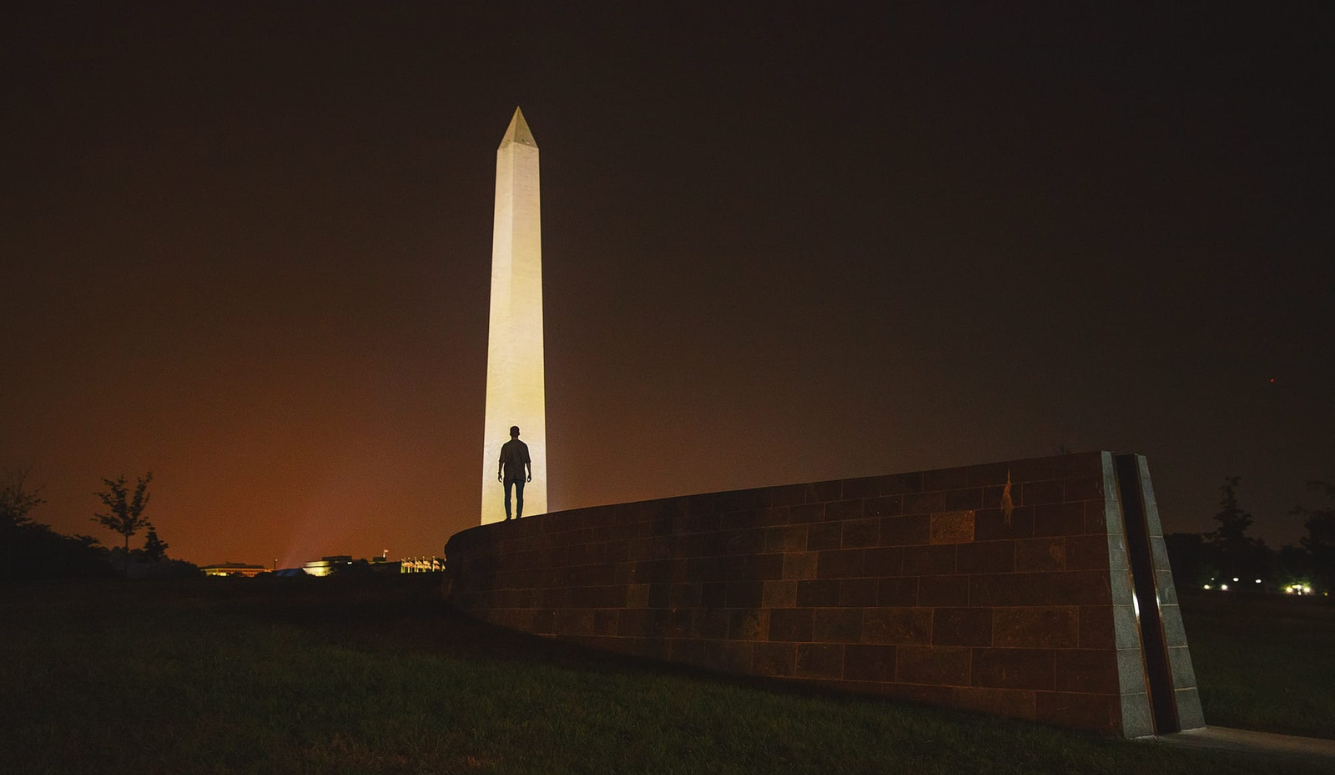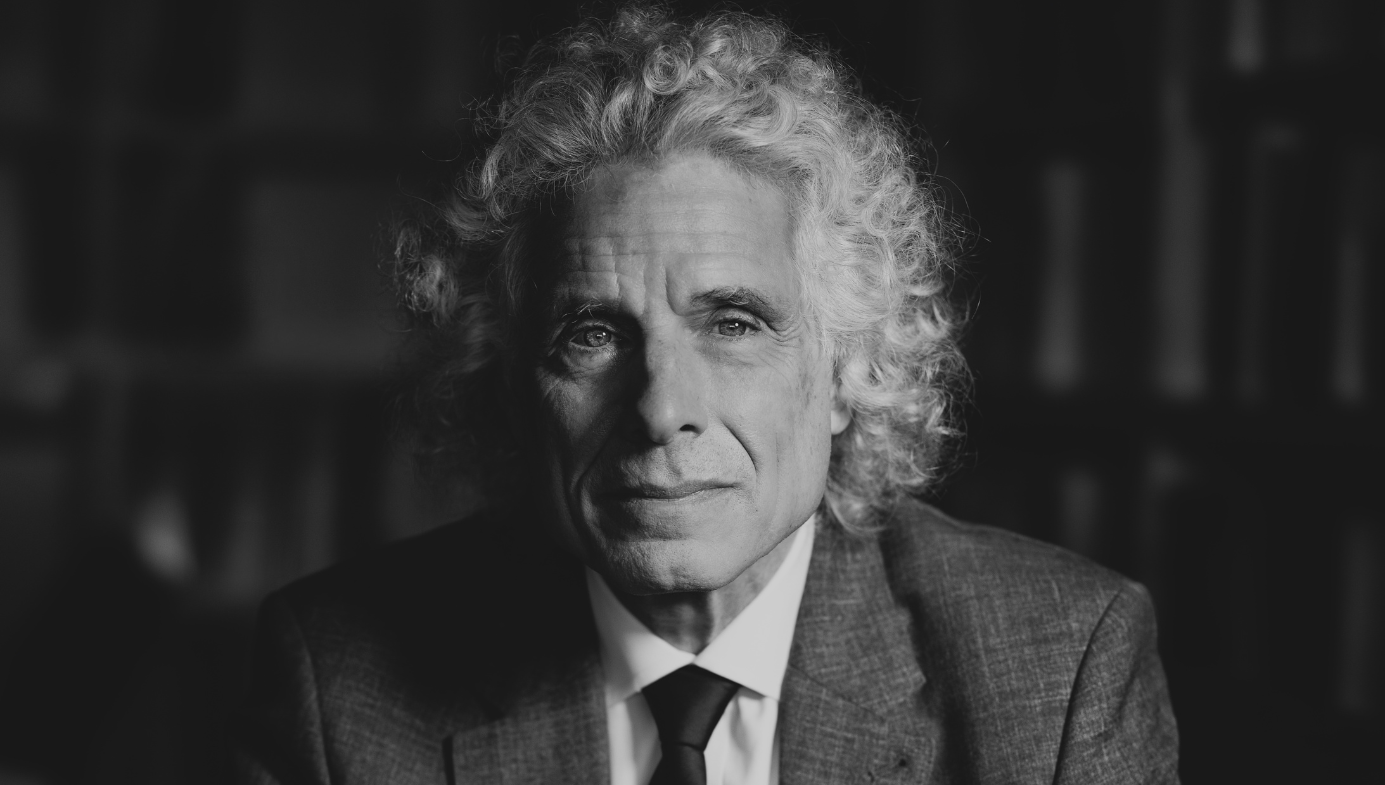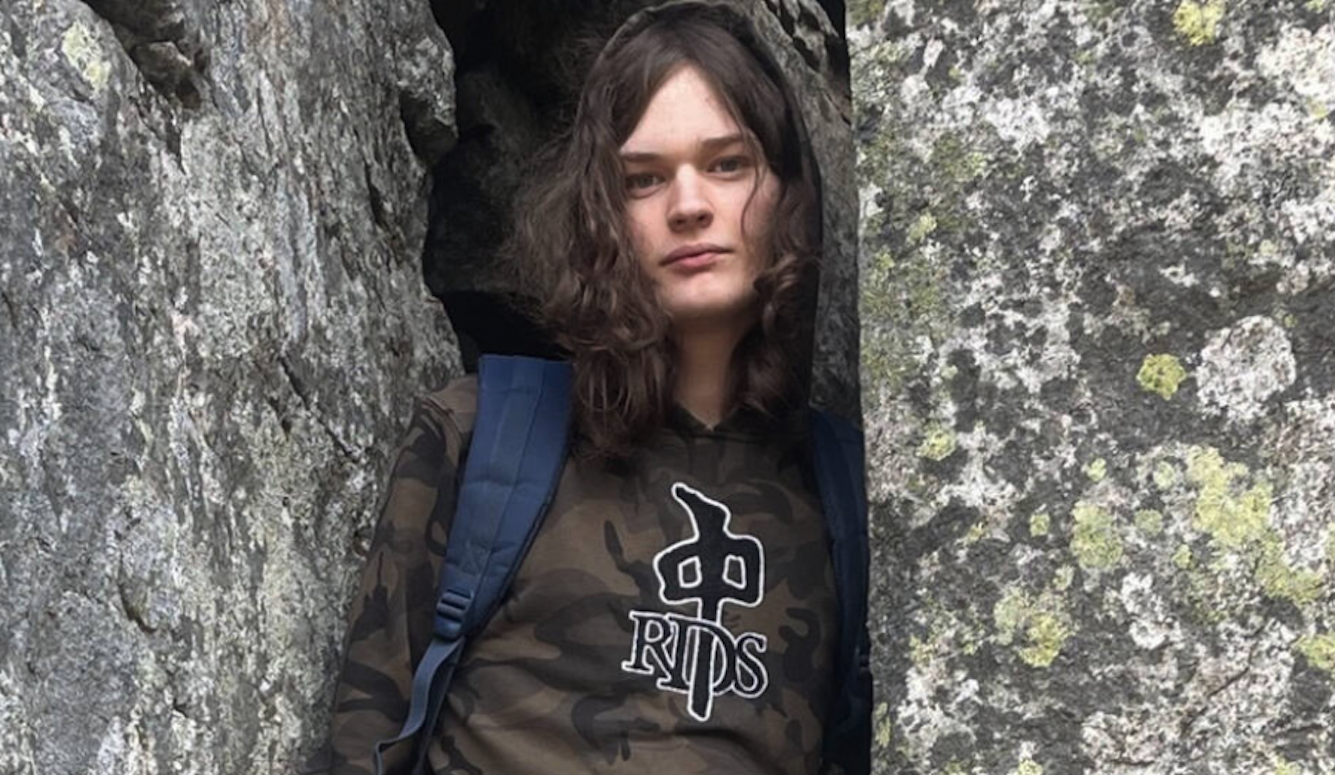Politics
The Return of History: Liberal Values and Global Realities
Only when we understand the fragility of liberal democracy will we be properly motivated to defend it.

My socialisation into polite liberal society—my crunchy, Quaker-school education and my progressive cultural milieu in a Northeastern American metropolis—helped to forge my worldview. I was, after all, the product of a culture and a generation in which the liberal world presided over the most peaceful and prosperous societies in the history of humanity. Liberalism seemed to be the natural order of things. I failed to appreciate that my experience was born of a unique moment in human history, and that my enculturation represented a break with normal human existence.
Rather than people competing in conquest and blood, as was the case for nearly all of human history, postwar liberal democracies relied upon consent and converging economic incentives to a greater degree than at any previous time. In this new world, it was taken for granted that liberal values would appeal to anyone given the choice, and reorient people towards economic interdependence and international cooperation. Western societies were free and prosperous, so after the Cold War, many Western commentators and analysts naturally assumed that those newly liberated from tyranny would want to emulate them.
The time I spent living and working in a small Baltic country bordered by an aggressively imperial neighbour forced me to reassess the assumptions with which I was raised. Lithuanians understand that the default state of human beings is not cooperation and humanist values. They were therefore not surprised that, after the Cold War, some actors continued to defy economic self-interest in the name of ideology and festering resentment, bucking the trend of liberalisation.
A failure to appreciate this reality is where well-intentioned liberals like me went wrong. As Robert Kagan argues in his 2018 book, The Jungle Grows Back, our universalist, egalitarian, and cooperative international system requires cultivation and constant care. The Baltics taught me that periods of stability and peace, of the kind I was privileged to experience growing up, are fragile. And only once I began to understand the abnormality of our precarious moment was I properly motivated to defend it. Our experiences in peaceful, prosperous liberal democracies have led us to take this form of government for granted and to live under the collective fantasy that we can easily change human intentions everywhere.
Many liberals, especially the left-of-centre kind, have mistakenly assumed that the West is the preeminent cause of international conflict, and that pacifism (or at least non-interference) will bring about an egalitarian world governed by universal values. Even after Russia’s full invasion of Ukraine in 2022, members of the progressive caucus in the US House of Representatives penned a now-retracted letter to President Biden encouraging his administration to push for a premature diplomatic resolution to the conflict. Despite the menacing belligerence of Russian lawlessness and aggression, the letter’s signatories urged Biden to “[redouble] efforts to seek a realistic framework for a ceasefire.”
That letter was a strategic misunderstanding of Russia’s nature and objectives. In a world where not everyone shares a disposition that values peace, self-determination, and individual human rights, not every conflict can be justly resolved with negotiations. Hard power and deterrence will sometimes be required. Our international rivals today harken back to a time when power was absolute, rules were nonexistent, and zero-sum conflicts over values, borders, and culture predominated. If liberals wish to see their core principles survive, they must be willing to defend them.
This does not require support for military adventurism in every instance. Nor can we afford to retreat from a defence of the values that underpin our era of unmatched flourishing, including human dignity and freedom, sovereignty, individual human rights, and the rule of law. If we are to deter our foes and provide opportunities for our values to spread peacefully, we must have a frank discussion about what defending those values entails.
Principally, it means reconsidering the faulty assumption that all people are motivated by the same goals in all circumstances, and that humanity would naturally converge on similar common ends were it free to do so. Many liberals assumed that their values would spread by contagion after the Cold War as a result of greater personal freedom, integration into common global markets, and increased international contact. The more we engage with autocratic nations, they believed, the more we can change the way those nations organise their societies, and the more we can influence their values and goals. We failed to take seriously the psychology and culture of societies unlike our own, and this mistake was made by liberals on both sides of the Atlantic.
Liberal theoreticians like Isaiah Berlin and Karl Popper worried a lot about what Berlin called the “liberal predicament.” Can liberal values sustain themselves through liberal means, and if so, how? Popper’s The Open Society and Its Enemies was one of the seminal works of the postwar era, and it critiqued this view of naive universality while still affirming the virtue of liberal tolerance. Popper observed that because people do not all value the same social goods, liberal tolerance would need to be applied in moderation and robustly defended. Unlimited tolerance, he pointed out, “must lead to the disappearance of tolerance,” and “if we are not prepared to defend a tolerant society against the onslaught of the intolerant, then the tolerant will be destroyed, and tolerance with them.”
With that in mind, Western Europe strove to embody the principles enshrined in the 1948 Universal Declaration of Human Rights as it emerged from the wreckage of World War II. That change was a mighty achievement, and it ushered in an era of unprecedented neutrality, peace, justice, anti-militarism (made possible by American security commitments), and unrivalled prosperity. It took another forty years for the rest of Europe to be liberated from totalitarian occupation, but events in the 1990s only reinforced European complacency. Everyone in the world, it was assumed, would behave rationally given the right combination of economic incentives and an emphasis on the value of individual human life. By the last decade of the 20th century, history appeared to be steering itself towards liberalism’s final triumph.
But rather than remaining sceptical that the kind of intolerance Popper warned us about would dissipate, we moved full-steam ahead. During this period, the United States and Europe tried to integrate Russia into the Western world through the construction of oil pipelines and integration into the financial markets of Europe. We tried to draw China into our global trade system, and successive US Democratic administrations tried to engage with Iran’s revolutionary theocracy in the belief that lifting economic sanctions would diminish its aspiration to develop a nuclear weapon. Some of these policies worked to a degree or for a while, but they all misread the aims of the leadership class in societies quite unlike our own, and in some cases, they misread the aims of the citizenry as well. The dictators of these three countries cynically used Western tolerance to advance their own intolerant agendas.

For a short time, Russia was a shining example of the peaceful end of ideological conflict after the fall of the Soviet Union. But it soon became a case study in how naive Westerners misjudged human motivations in the post-1989 world. Boris Nemtsov, an opposition leader callously murdered in downtown Moscow after he expressed his opposition to the first Russian invasion of Ukraine in 2014, explained how the Russian mentality differed to that of other Westerners. “There’s much less of this autocracy, sycophancy, and servility in [the West] than in [Russia].”
“When you ask in Ukraine ‘if Ukraine is Europe or not’, everyone will answer ‘it is’. But not in Russia. Moreover, not only geography matters here, but also mentality.”
— Natalka (@NatalkaKyiv) June 20, 2024
- Boris Nemtsov explains the difference between Ukraine and Russia. From his interview with Dmitry Gordon. pic.twitter.com/F7R4SEUKPX
This chasm is further illustrated by the words of a Russian soldier identified as Alexander, as reported by New York Times journalist Michael Schwirtz. Alexander saw how poorly Russian soldiers were being treated on the ground in Ukraine, but “his ultimate conclusion is that there’s nothing he can do about it, that this is his lot in life.” Such an attitude can seep into the collective consciousness of the nation, inoculating citizens against the liberal values we thought would prevail in the 1990s. “This is how we were raised,” Alexander concludes. “We grew up in our country understanding that it doesn’t matter how our country treats us. Maybe this is bad. Maybe this is good … but when the time arises, we get up and go.” The staggering impact of this kind of totalitarian fatalism, brutality, and arbitrary tyranny escapes the liberal imagination.
This mentality is the upshot of a deliberate and systematic campaign of Russian influence and propaganda, both within Russian borders and beyond them. As early as 2000, an internal NATO document written by prescient Russian academics analysed Russia’s deteriorating relationship with the outside world. “Russia’s isolation from the Western world, its growing backwardness and its losing incentive for modernization,” the document’s authors wrote, “could become a source of new international tensions and new threats with unpredictable consequences.” Russia’s isolation is not economic, it is sociocultural, and that isolation only grew more pronounced with the rise of Vladimir Putin.
A post-Cold War era that lacked alternative ideologies made the malign aims of enemies almost incomprehensible to Western liberals. And as Russia deepened its connections with the Western world economically, it accelerated its distance culturally. Its cynical, revanchist, and totalitarian tendencies boiled over with the unprovoked war of aggression against Ukraine in early 2022. As a paper published by the Institute for the Study of War put it:
The United States values peace, life, American interests, freedom of debate, and is trying to act responsibly with the power it wields. These are virtues, not weaknesses. They set us apart from Russia. Russia nevertheless uses these concepts against us in its way of war, as discussed throughout this paper. The Western way of life also prevents us from grasping the full scale of what Russia is. Russia being mostly content with killing and wounding over 300,000 of its own citizens to conquer a country that did not pose a military threat is a reality unimaginable in a Western country.
To deny that this represents something fundamentally different from American culture—even at its worst—is a distortion of reality. It ought to have been obvious that a nation psychologically gutted by generations of tyranny was going to have difficulty adopting humanist pacifism in less than a generation.
Liberals find the collision of irreconcilable worldviews difficult to comprehend. But as the authors of an essay in Foreign Affairs titled “The Progressive Case for American Power” point out:
[T]he reality today is that there are authoritarian powers that are repressing their own populations, bullying neighboring states, and wielding economic influence and military force in other ways that are antithetical to progressive values. If the United States retrenched, the world would surely see more such behavior, not less.
Rather than naively hoping that everyone in the world will adopt liberalism, we must remain willing to defend the values that brought about progressive societies in the first place. Turning inward simply because we are queasy about the use of force “may in fact exacerbate some of the problems progressives care about most,” write the authors. The liberal world must therefore “use its power to respond ethically, humanely, and justly to a world of tradeoffs.”
Some progress has been made on this front by force of circumstance. Europe, until then a leader in dovish human-rights-centred foreign policy, was awoken to the threat posed by autocratic actors after the invasion of Ukraine. Sweden, informally known as Europe’s “moral superpower” for its role in international development, moved quickly to join NATO in 2022 with the support of the historically Russia-friendly left-wing parties. Yet parts of Swedish society remained uneasy about this change in their country’s century-long policy of neutrality, and that autumn’s Swedish elections focused almost exclusively on dinner-table issues like crime, social policy, and the economy.
A genuine sea-change in Swedish politics didn’t really occur until 2024. Not only did Sweden raise defence spending but it also opened facilities to directly fund Ukraine for years to come. All of Sweden’s major parties are now competing for how hawkish they can be on Russia. This tone-shift about the realities of world conflict is indicative of a broader change in the Western world, especially in Europe. In his new book, Homelands, British historian Timothy Garton Ash argues that the invasion of Ukraine will come to be seen as a turning point, in the same way that 1945, 1968, and 1989 represented turning points in their respective eras. A dramatic course-correction is underway in Western capitals because Russian aggression has given the defence of liberal values new impetus and direction.
Not all of the West was so naive. Eastern European nations like the Baltic states have long tried to warn of the threat Russia posed. Lithuania’s “values-based” foreign-policy paradigm has been an effort to sway Washington, London, Brussels, Paris, and Berlin into adopting more realistic policies with respect to the Russian threat. Friendly capitals were urged to restrict their reliance on Russian energy—prudent advice in hindsight—and the Baltic nations continue to press organisations like NATO and the EU to adopt stronger positions on Ukraine’s territorial defence. These countries understand that we can value peace while also acknowledging that it is sometimes necessary to marshal military force in the interests of self-defence and deterrence.
This new posture need not automatically lead to a state of permanent geopolitical tension. As liberals, we should strive for peace among nations and have self-confidence in the attractiveness of our core principles over the long-term. Let us not forget why our values are worth defending in the first place: our system is virtuous precisely because of our ability to chip away at the negative aspects of human nature, self-correct, and cooperate in peace at scale. Envisioning an era of relative stability, prosperity, and flourishing requires a closer look at our adversaries, and a renewed dedication to our own strengths.






